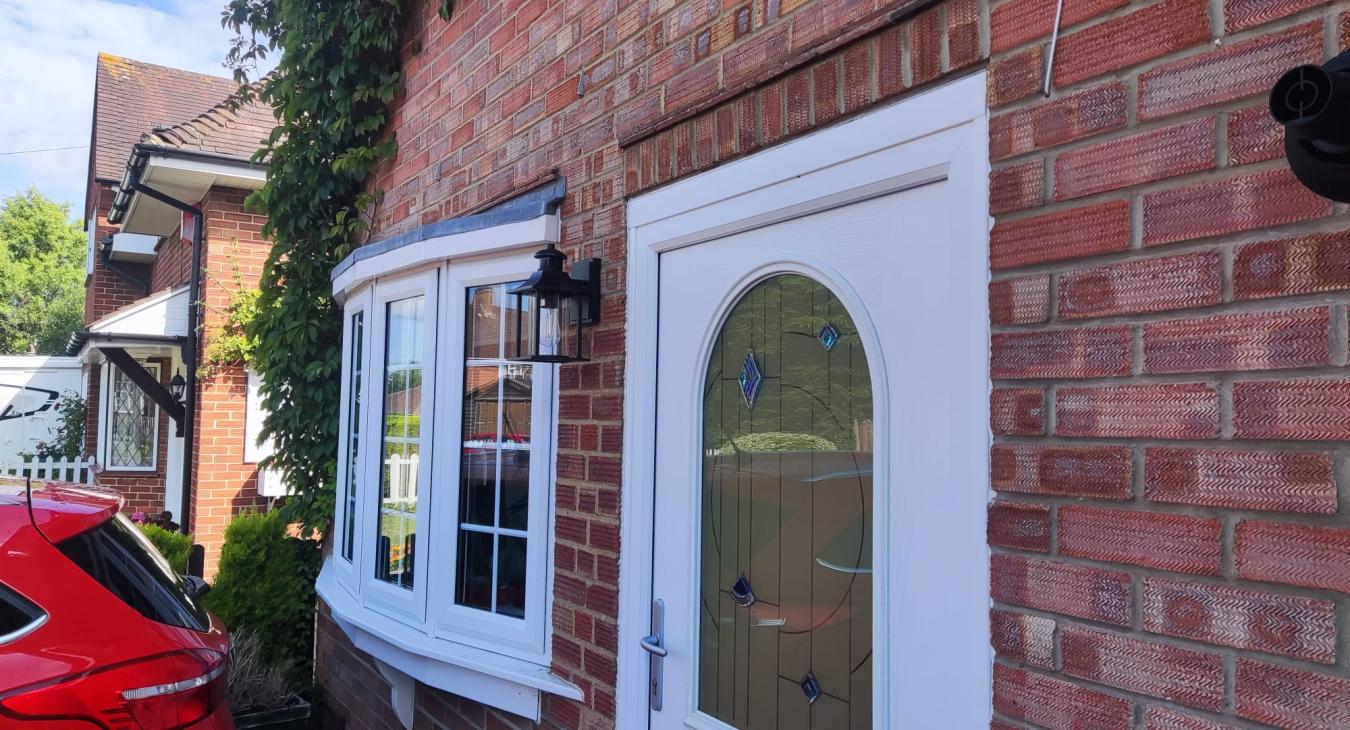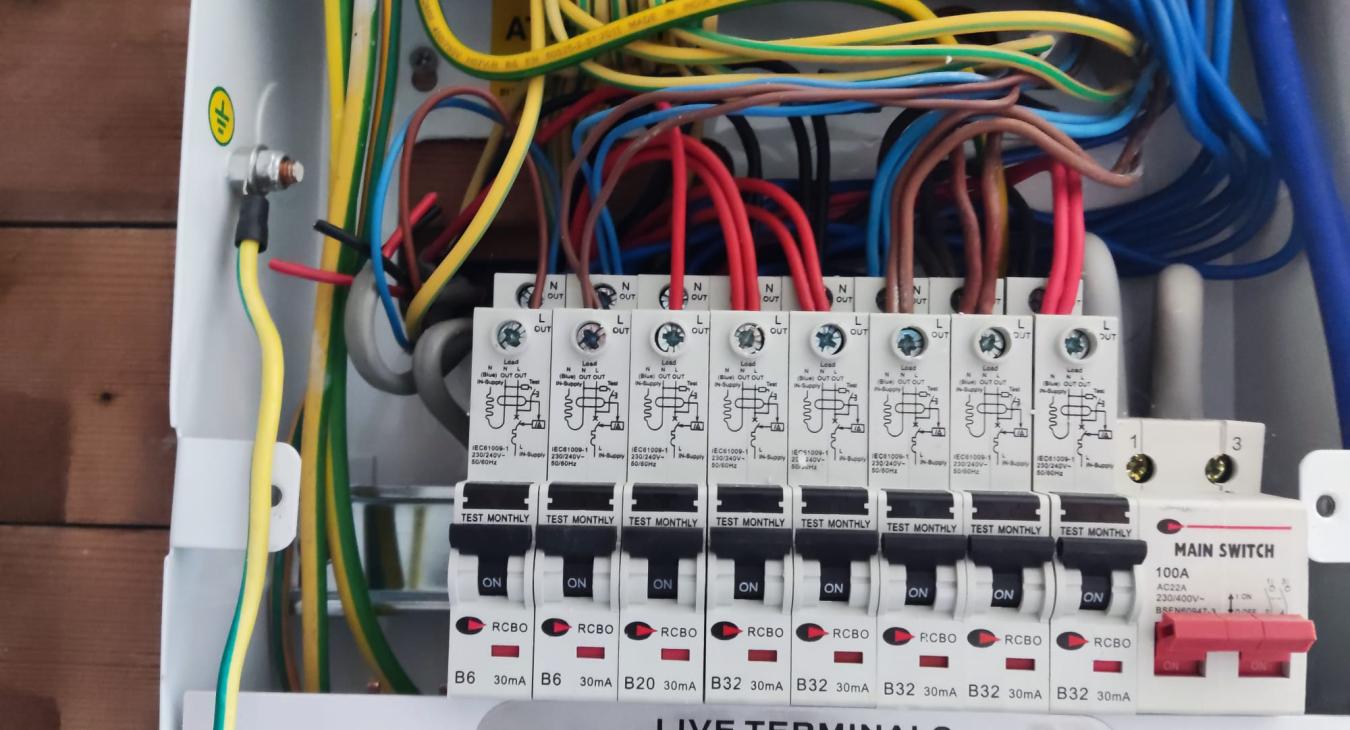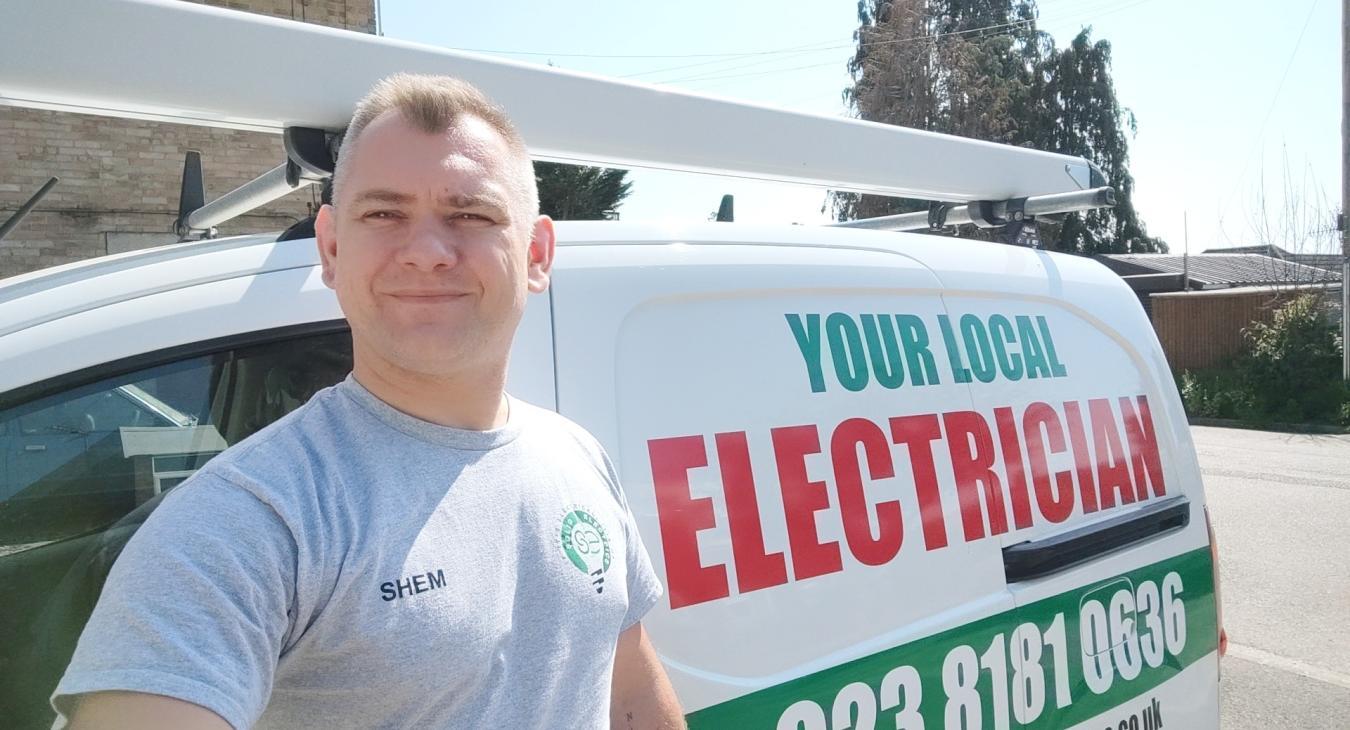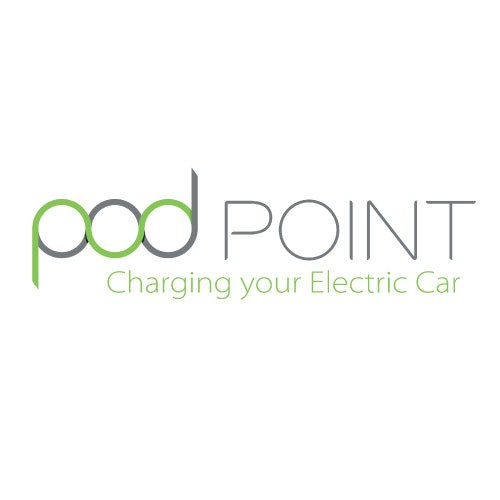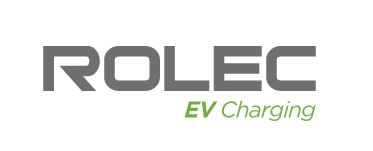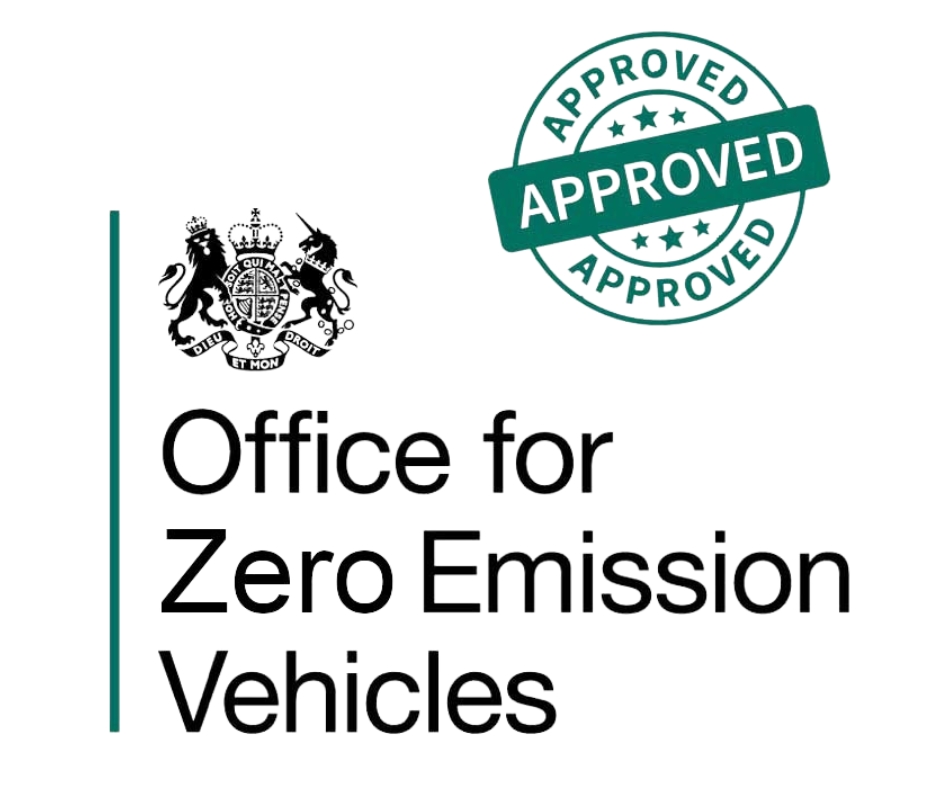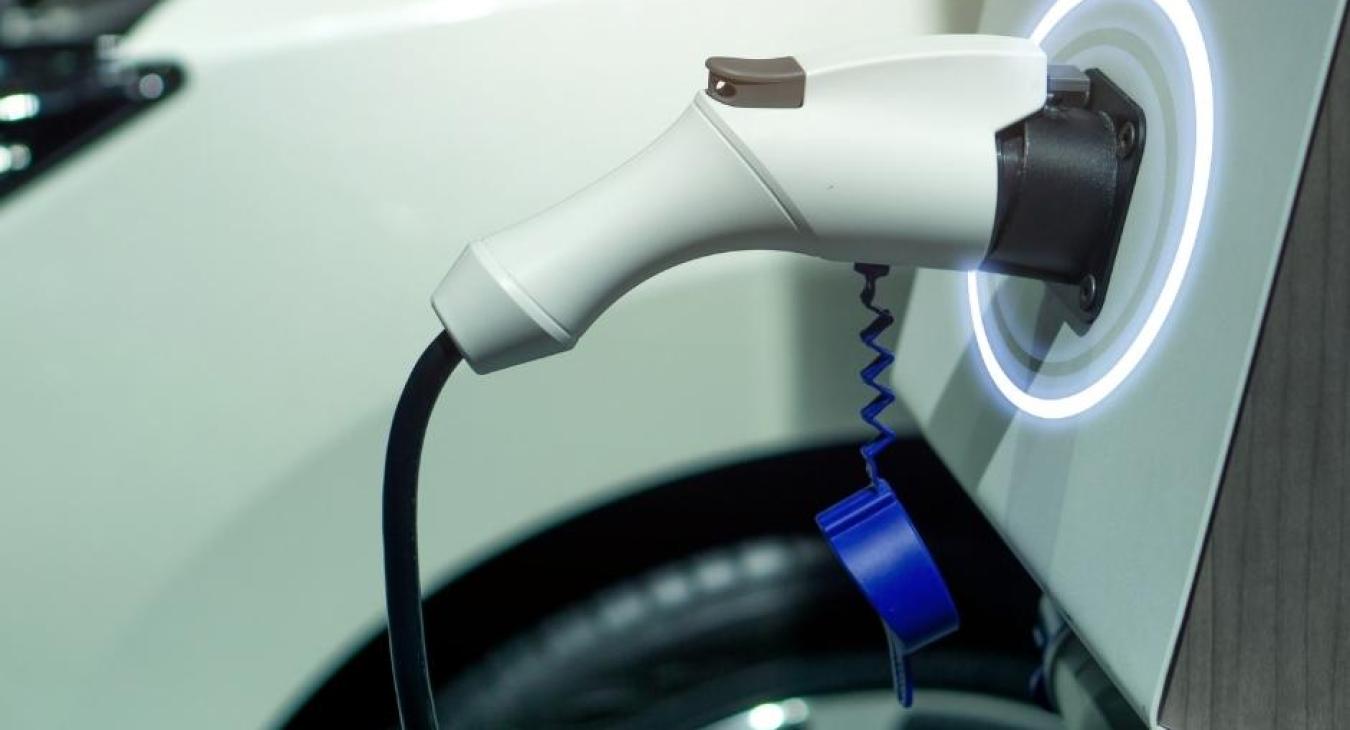
With more and more people making the switch and driving electric, your local electrician in Southampton is here to explain what the benefits are of having a car charging point at home.
1. EV charging at home is it convenient?
Installing EV charger at home means you have more control when you can top up energy to your car and for how long. Days of leaving early for work to fuel up are gone or having to use your sat-nav to find the closet petrol station. Now, you can simply charge your car outside your front door. It takes around 4 to 6 hours to fully charge an electric car using a Level 2 charger (mounted wall chargers supply directly from your electric distribution board). Having a home EV charger is hassle free, there is no waiting around a public charging point. You can simply leave your car plugged in overnight while you sleep and wake up to a fully charged car! Still, you can use an EVSE supply cable for a 3 pin plug socket as an occasional back up. While it’s wired directly to your board provides you full control and installed by approved installer it's faster and has built-in safety features.
2. EV charging at home is it safe?
You can simply leave your car plugged in overnight while you sleep and wake up to a fully charged car! Still, you can use an EVSE supply cable for a 3 pin plug socket as an occasional back up. While it’s wired directly to your board by approved installer provides you full control and it's faster and has built-in safety features.
3. Is my EV charger will be compatible with many car makes?
Most EVs and EV chargers in the UK are compatible. There two types of cables on the market for home chargers, whether your car is Type 1 or Type 2 – Take a look at your electric vehicle inlet to check whether it requires a Type 1 or Type 2 plug. You should also be able to find this information in your charger car’s user manual.
4. Should I choose tethered or untethered EV charger?
Tethered EV Charger (cable permanently attached) Untethered EV charger (socket and cable is not fixed to the unit) Both of those types will work with most car makes and with both of them come some advantages and disadvantages.
5. Will EV charger affect value of my property?
There is government support towards more green solutions, forthcoming ban of combustion engines car and possibility of additional income by allowing public (rent/sell) to use of EV charging point. Electric cars now make up 14% of sales and EV charging point become attractive addition for many potential home buyers.
6. Is EV home charging point better for car battery health?
EV battery is a “bigger” version of mobile phone battery, it becomes less effective over time. Constant use and rapid charging can raise the temperature of your battery which also reduce its capacity to hold power.
To slow down battery degradation as much as possible, use home chargers more. It is recommended to have an almost full battery, rather than a few hours taps on a public charging station. The battery fills up slower but that is hardly an issue since you are already at home.
GET AN EV CHARGER INSTALLED TODAY CALL US ON: 023 8181 0636
Email : info@solidelectrics.co.uk

